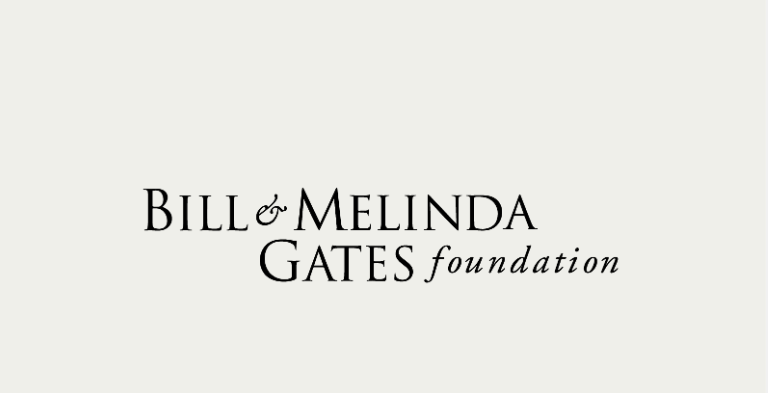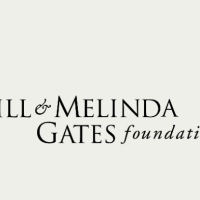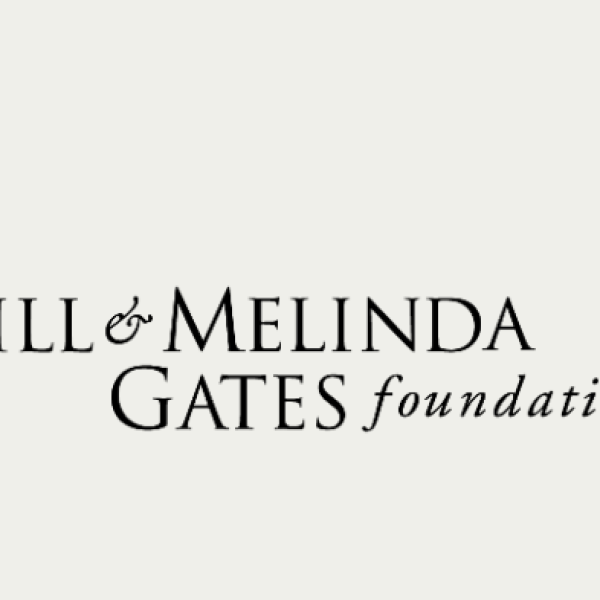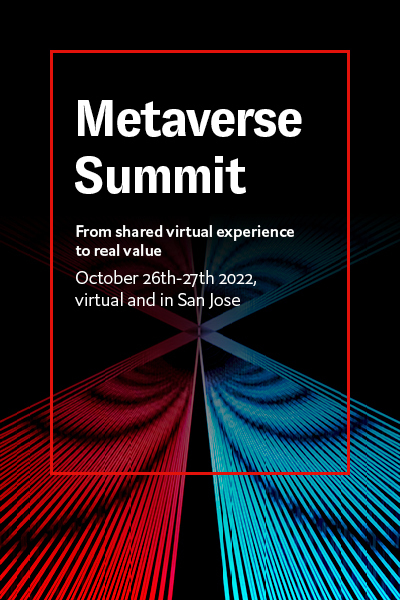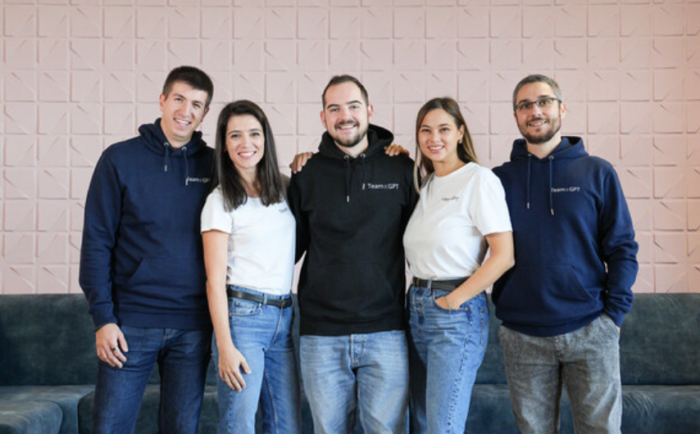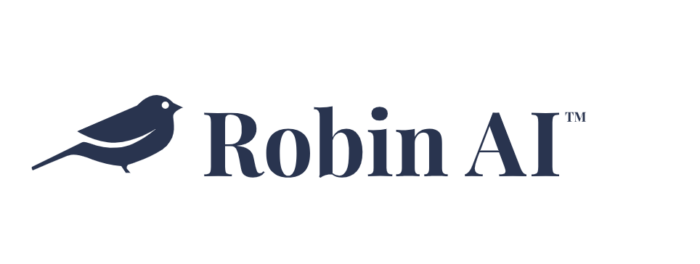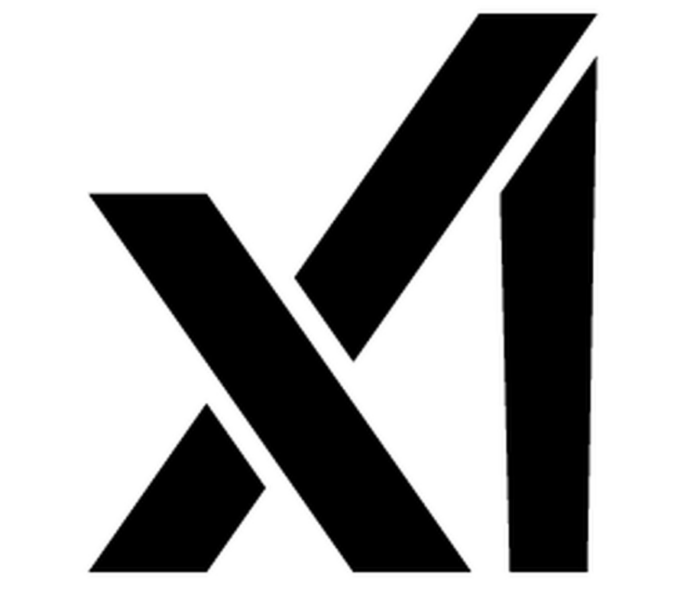- Last modified: October 11, 2023
Ranked as the world’s ninth wealthiest individual by Forbes with an estimated net worth of $109.5 billion, Bill Gates co-founded the Bill & Melinda Gates Foundation with his former spouse, Melinda French Gates, in 2000. This foundation, boasting assets of $67.3 billion as of December 2022, stands as the globe’s most substantial private charity. Over the years, they’ve dedicated billions towards vaccine R&D, championing gender equality, and funding college scholarships. Gates mentioned last year that the foundation is expected to operate for another 25 years.
One important initiative of the Bill & Melinda Gates Foundation has been the active engagement in various initiatives in Africa. The foundation took another significant step by committing $30 million to establish a new AI platform in the region, announced on the foundation’s website yesterday. This investment is aimed at assisting scientists in crafting solutions for healthcare and societal challenges prevalent across Africa.
Importance of AI
Bill Gates, emphasizing the significance of AI, has previously labelled it as “the most important advance in technology since the graphical user interface.” The foundation’s efforts not only seek to make AI readily available for African researchers but also promote local innovation. Furthermore, it is imperative to the foundation that this technology evolves in an ethical, safe, and equitable manner. The comprehensive AI platform will be equipped with a data repository and will also provide access to experts in technical development and regulatory policy.
In a blog post from March, Gates emphasized the global necessity of ensuring equitable AI benefits, stating: “The world needs to make sure that everyone — and not just people who are well-off — benefits from artificial intelligence. Government and philanthropy will need to play a major role in ensuring that it reduces inequity and doesn’t contribute to it. This is the priority for my own work related to AI.”
With rising interest in AI, the foundation is championing its reach in low- to middle-income countries. In August, it pledged $5 million for AI projects targeting global health and development in nations such as Pakistan and Brazil. Gates mentioned that the fresh $30 million investment aims to bolster African innovators, focusing on health, agriculture, financial services, and innovation, propelling their projects forward.
Reducing Inequity
“Part of the goal is to have these applications that reduce inequity, not be 10 or 20 years later, have them be right on the cutting edge,” said Gates at the Grand Challenges Annual Meeting, a conference in Dakar, Senegal, uniting funding and research partners.
Gates also addressed the immediate challenges of AI, such as ensuring accuracy, addressing copyright concerns, and handling deepfakes.
“As for more long-term challenges, our world is designed around scarcity. Scarcity of doctors, teachers, food,” he said. “If you ever get to a point where through AI, both robotic and a sort of white-collar AI, you’re performing a lot of those tasks, then human work is no longer necessary and then you have a problem of excess that is very, very different,” before adding that: “That’s not the problem we have today. We’re not even close to it, but this is the first technology that’s essentially unbounded in terms of how capable it gets.”
